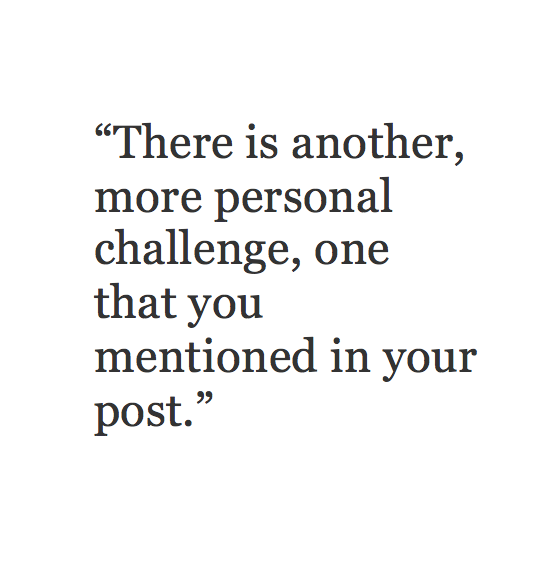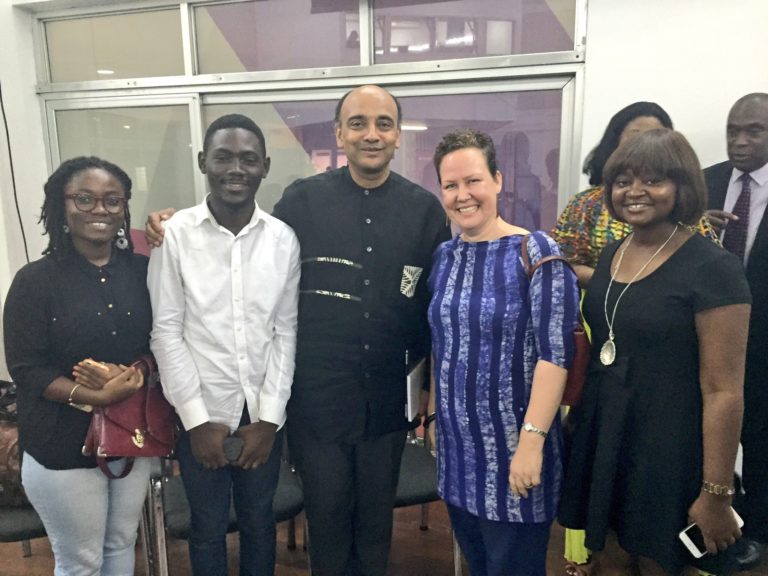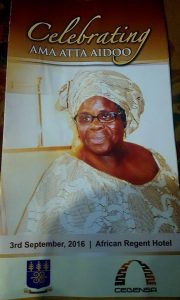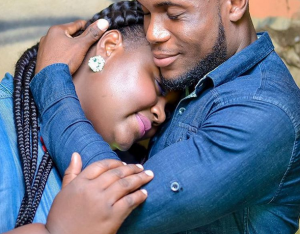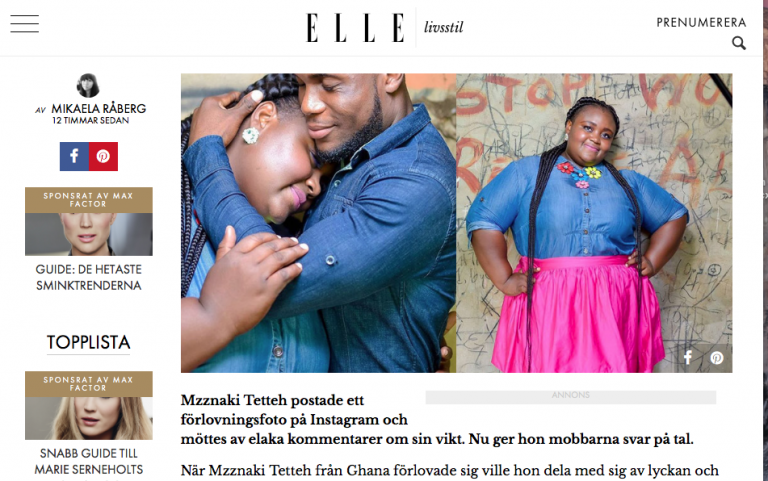A couple of weeks ago, I got an email with a very long text about WhatsApp marketing in Accra. Sure, I am a social media fan, but marketing and WhatsApp are not exactly my areas of interest. Still, I read the entire article and said to myself, something like: “I need to know more about this high quality initiative taking social media so seriously in our local context”. So, I contacted the initiator and asked him a few questions. Here is my interview with Emmanuel.
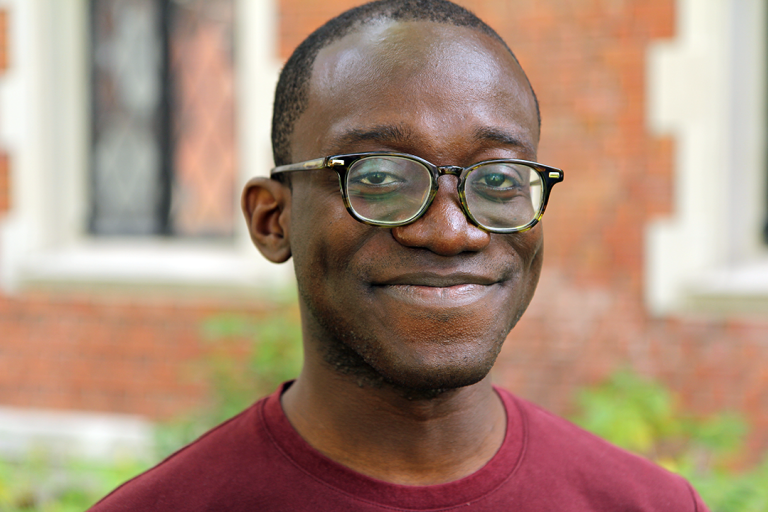
1. Who are you and what do you do?
My name is Emmanuel Quartey, and up until very recently, I was the General Manager of the MEST Incubator (which funds and supports early stage tech startups) in Accra. I consider myself primarily a product designer, but to be honest, I find the “what do you do” question increasingly difficult to answer these days. For money, I’m currently doing product design and digital marketing consulting. Otherwise, I’m working on The Flint, and saying “Yes” to all sorts of inbound requests from founders and VCs to chat about some a broad range of topics. So in summary: I write, I design, I figure out how to get people excited about things on the internet, and I have conversations with interesting people who’re working on interesting things.
2. Why do you do what you do?
I do what I do:
- Because I want to know how and why things are. I get a special bone-deep thrill from understanding how things work, especially human systems. When this happens, I want to tell everyone about what I learned.
- Because I’m fascinated by the relationship between the words of ideas, and the world of made things. I’m driven by the desire to understand how it is that some ideas make the leap from a mind to “reality,” while others get smothered immediately.
- Because I feel I’ve been incredibly lucky and privileged, and I feel an obligation to make the opportunities I’ve had available for as many people as possible.
- Much of this is motivated by my mother, whose life has been defined by service to others.
- I’ve been very motivated throughout my life by school – I’ve had incredible teachers and the attended institutions with very strong missions. Primary school was St. Paul Methodist in Tema, whose motto was “Knowledge is Power”, High school was SOS-Hermann Gmeiner International College, whose motto is “Knowledge in the Service of Africa”, College was Yale, whose motto, “Lux et Veritas” means “Light and Truth”…It sounds corny but that underlying message of learning and sharing knowledge means A LOT to me and drives a surprising amount of my thinking and actions.
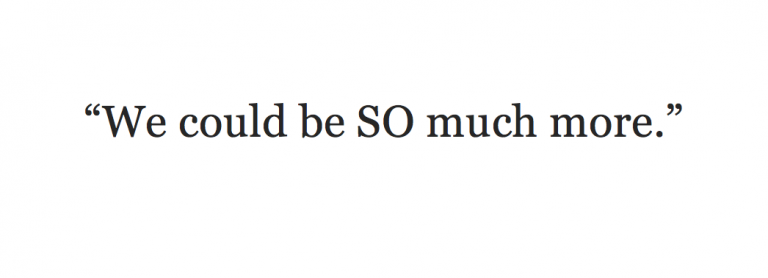
- Even more, I am motivated by fear and anger. Fear because there are these horrible forces out in the world and I worry that we’re not equipped to withstand them. Anger because we could be so much more. We could be SO much more.
3. What is The Flint?
On a very practical level, The Flint is an online publication about technology in Africa, aimed primarily at non-technical African entrepreneurs who’re eager to leverage technology to achieve more. I meet so many people pursuing fascinating ideas, but they lack the exposure to simple tools and processes that’ll help with user acquisition, recruitment, etc etc. Technology can be a productivity-enhancing multiplier for literally everyone, but too much of the knowledge is trapped in highly technical writing aimed at tech startups.
More conceptually, The Flint is also a vehicle for me to explore ideas around digital media. I believe that in the future, literally, every company will be a digital media company. By which I mean that every company will be in the business of acquiring, translating, storing, and distributing information. Manufacturing? Files (information) of objects will be transmitted (distributed) to be printed (translated) on site. Housing? Airbnb owns no property and yet manages the flow of information to put millions of people into millions of homes. Sports? Sports teams are already experimenting with placing fitness trackers on athletes and repackaging those statistics into content that is consumed by sports fans.
I genuinely believe this is the direction we’re heading in, and I very much want to understand as much as possible about how digital media entities work. What better way to run one myself? It’s very much an exercise in working and learning in public – in addition to the interviews, I’ll be sharing updates on what I’m learning while building The Flint. I’ll learn a ton and hope people will be interested in learning along with me.
4. The name clearly is about sparks, what fire to do want to light?
Racial justice means a lot to me. I want us to wake up to the fact that we have the tools to become masters of our own destiny. It begins by changing our relationship to our work – whatever “work” means to you from a chore, to craft. We need to 1) become craftspeople and domain experts in everything we do, and 2) we need to TEACH EACH OTHER how to level up.
We need to learn how to do hard things.
5. How do you see Ghana today and where do you see Ghana in 5 years?
Oh, goodness! Ghana leaves me both incredibly excited and intensely frustrated. I think Ghana is genuinely something special on the continent. I think our tiny nation has often proven that we have a remarkable ability to lead the way for the entire continent, and I think we’re dimly aware of that fact.
I don’t know where we’ll be in 5 years.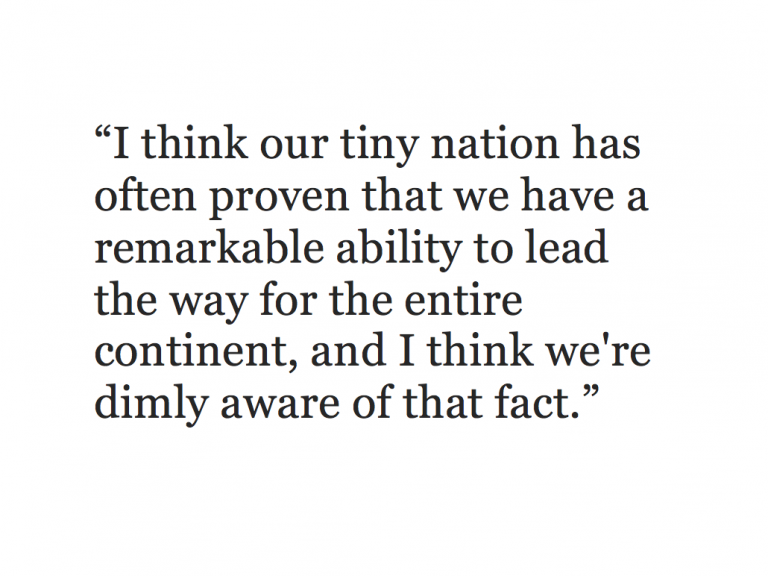
I hope we’re at a place where we realize we, collectively, need to be so much more serious about so many more things.
6. What is your best advise to someone who wants to create change?
I’m hesitant about answering this question but:
Courage is contagious. If you see something that isn’t right, say something, or do something about it to the extent of your ability. Someone once said that courage isn’t the absence of fear, but the triumph over it. When you step up, you give other people permission to do same. They agree with you, but they were waiting for someone to say it first. “If not you, then who? If not now, then when?” – Hillel the Elder
Find your tribe. Chosen families are powerful. Find your people who resonate on the same frequency as you and let them nourish you. It’s important to note that your tribe might not be your biological family or members of your school or religion. You might have to go far afield, but find them.
There will never be a perfect time. Planning can quickly become procrastination. Do it, even a small version of it. Do it now. Throw the bottle into the sea. Your people will find you, no matter how faint your signal.
Do cool things. Tell people about it. Repeat. People will mimic you. That’s how change happens, I think.
7. What do you want to promote? (a book that changed your life, what someone who wants to write for The Flint needs to do, go to grad school, don’t go to grad school etc.)
I’m very eager for people to contribute their knowledge to The Flint! The Flint wants to become a community of makers and craftspeople creating and sharing knowledge with each other.
If you don’t have the time to write, don’t worry – reach out to me and if I think your story will be instructive for others, I’ll write it for you. The things that make a good story for The Flint:
- It reveals new facts or data that people would be surprised to know
- It teaches a process/framework that can help a group of Africans do more
- It involves technology in some way (note: “tech” can be as simple as a telephone)
People can pitch ideas at emmanuel@theflint.io
Thank you for sharing, Emmanuel! I especially liked how you linked change not just to start-ups and entrepreneurship, but to civic courage and speaking up. I wish Emmanuel all the best with his fiery, new project and hope you also like The Flint!


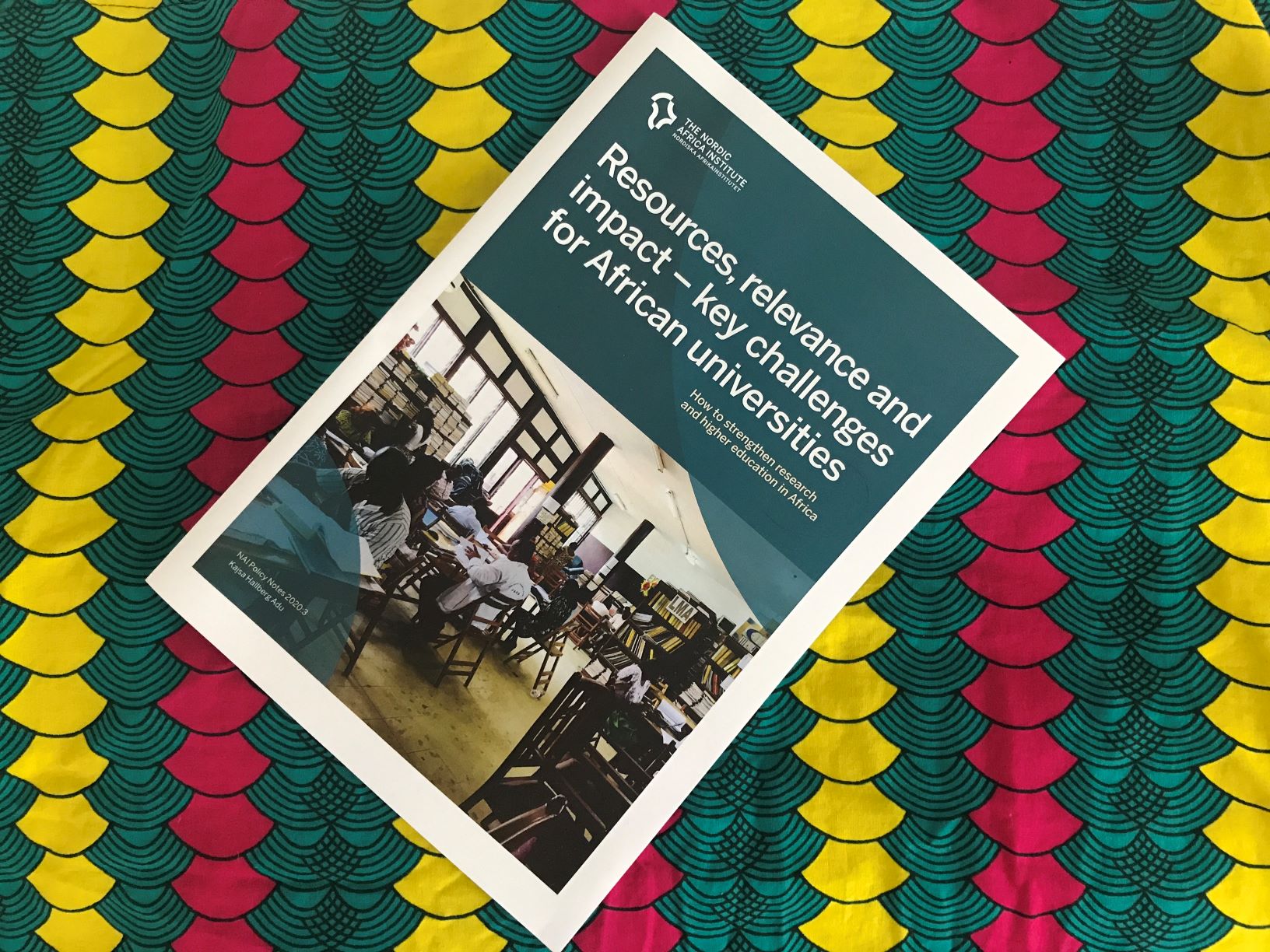
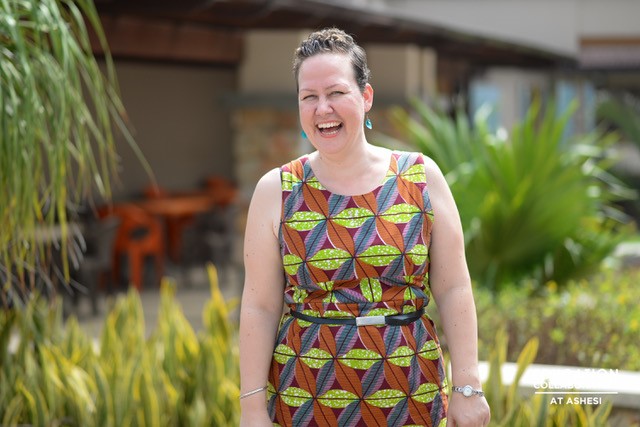
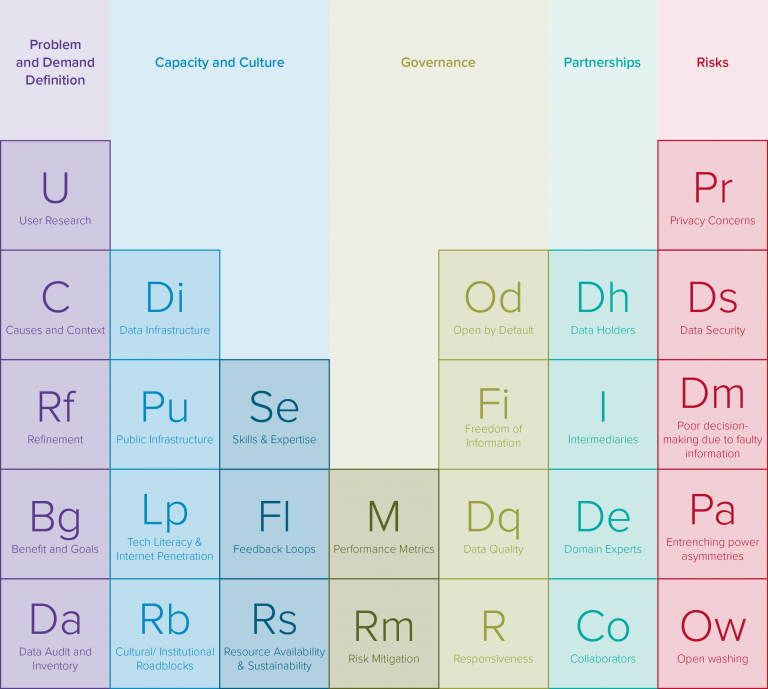

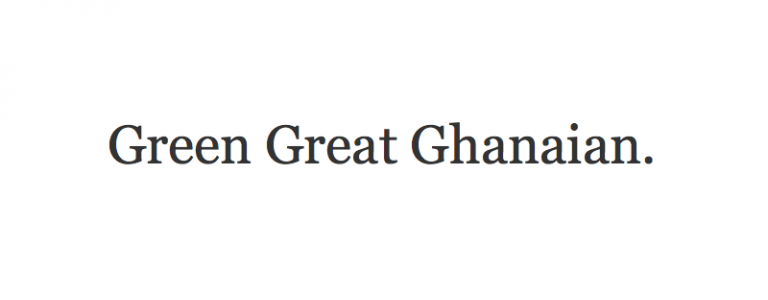
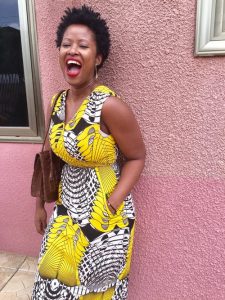
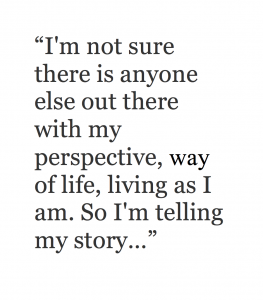
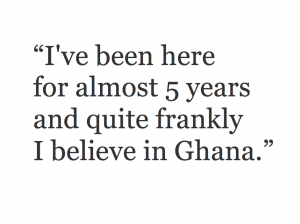
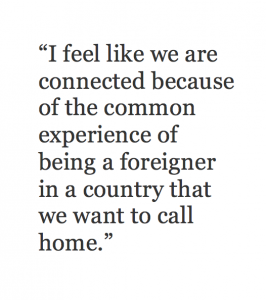 Several of your observations resonated with me and prompted me to write to you today. You and I have met only briefly, but I have followed your Facebook posts. I feel like we are connected because of the common experience of being a foreigner in a country that we want to call home.
Several of your observations resonated with me and prompted me to write to you today. You and I have met only briefly, but I have followed your Facebook posts. I feel like we are connected because of the common experience of being a foreigner in a country that we want to call home.
